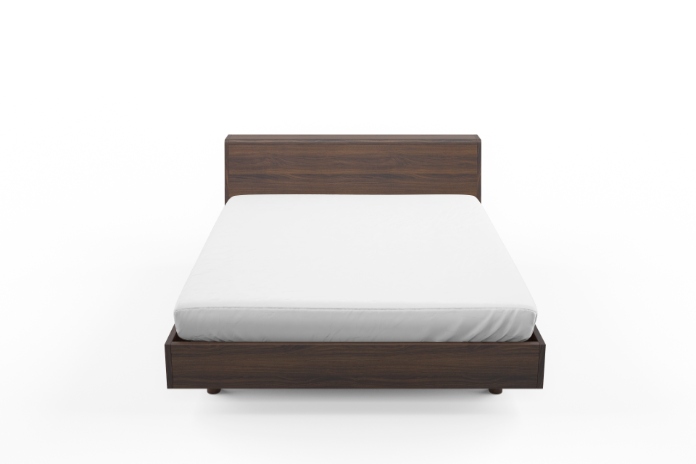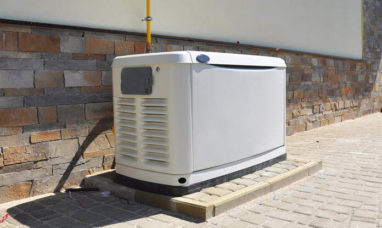Buying a mattress can be challenging, especially when shopping online, where one has access to hundreds of options in a wide range of sizes and types. You should think carefully about your choice because purchasing a mattress is a significant investment.
Every buyer of mattress beds needs to decide if they want a firm or soft mattress, and that is the one question they should ask themselves. Since the firmness of the mattress will significantly influence how supported or comfy you feel on it, this is an excellent place to start. Yes, a lot of it comes down to personal preference, but both hard and soft mattresses have some more objective advantages and disadvantages.
To help all those perplexed mattress shoppers choose which is better for them, we have put together this firm vs. soft mattress comparison guide.
Why Are Some Mattresses Firmer Than Others?
In order to rate how firm their mattresses are, the majority of mattress manufacturers utilize a scale of 1–10. Mattress Clarity, which also uses a scale from 1 to 10, says that a 6.5 is a medium-firm mattress. Anything that is on the soft end of the range will be less than 6.5, and anything that is on the firm end will be more than 6.5.
The design and components used to make a mattress bed will mostly influence how firm it is. A mattress made of innersprings without a true comfort layer, for instance, is likely to be stiffer. The quality of the coils will also affect how hard and supportive the mattress is, but innerspring mattresses tend to be stiffer than other mattresses. Since latex is a material that is extremely strong and solid and doesn’t have as much give as certain foam mattresses, latex mattresses are typically firmer and more supportive.
When it comes to foam, memory foam mattresses tend to be softer than most. This material is known for how comfortable it feels and how well it relieves pressure. It’s important to remember that just because a mattress has memory foam or soft foam, that doesn’t mean it’s softer than usual. Mattress Bed-in-a-box includes soft memory foam substitutes like Adaptive Foam or AirFoam in their construction.
It’s important to remember that just because a mattress has memory foam or soft foam, that doesn’t mean it’s softer than usual. The comfort layer’s thickness has a significant impact. On the one hand, a mattress like the Allswell has a very firm feel and only a tiny layer of memory foam on top. The Amerisleep AS4, on the other hand, has a lot of softer mattresses due to its extremely deep memory foam comfort layer.
Firm mattresses: Their Pros and Cons
Support is one of several advantages that firm mattresses have. Mattresses that are firmer than those that are softer keep the body from sinking too far and are, therefore more supportive. Most people who are lying on a firm mattress will feel as though they are “on top” of the mattress, and they shouldn’t have any trouble moving around on the mattress.
In addition, solid mattresses stay cooler than soft mattresses because of this. Greater body exposure to the air circulating in the bedroom results from lying more “on top” of the mattress.
Although firm mattresses are excellent for supporting the body, they aren’t the best for relieving pressure. Side sleepers may feel a lot of pressure on their shoulders and hips when they lie on a hard mattress. A lot of individuals don’t consider firm mattresses to be as “comfortable,” despite the fact that comfort is a personal preference.
Soft mattresses: Pros and Cons
Soft mattresses excel at providing pressure reduction. They lessen pressure on the shoulders and hips by allowing side sleepers to sink in a little bit more. Aside from that, soft mattresses are typically thought of as being more “comfortable.”
However soft and pressure-relieving they may be, soft mattresses typically don’t provide much support. They often can’t hold more weight, and they don’t always give enough support for sleeping on your stomach or back.
Who should go for a firm mattress?
Stomach sleepers. A mattress that is supportive enough for someone who mostly sleeps on their stomach should be supportive all over, but especially under the hips. A firm mattress should give the right amount of support under the hips to keep the spine in its natural neutral position.
Back sleepers: Back sleeping may be possible if the mattress permits a small amount of hip sinkage. It may not be the greatest mattress for back sleepers if it is very soft.
Wider individuals. A soft mattress is typically not enough to support heavier sleepers, who typically need more. Larger body weights should be supported by firmer mattresses, which typically offer more support.
Individuals who prefer to sleep on top of their mattresses. People don’t get too comfortable sinking into firm mattresses. For people who want to sleep on top of their mattress, this makes them a better fit.
A hotbed. In general, firm mattresses keep you cooler than soft mattresses while you sleep, as I mentioned above. Softer mattresses, especially ones with memory foam, can keep heat from the sleeper’s body and send it back to them. A firm mattress makes this much less likely.
People with a disability. A firm mattress might be best for anyone who struggles to move around due to an injury or other medical issues. Changes in position and getting in and out of bed without feeling stuck will be much simpler with a firm mattress.
Featured Image: Freepik © alexandercho







